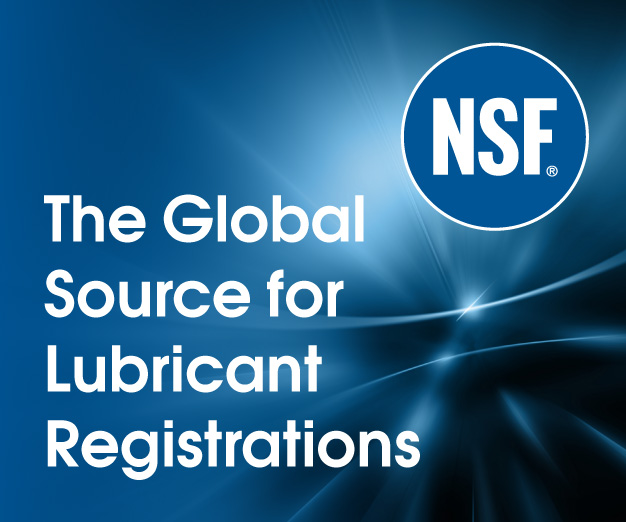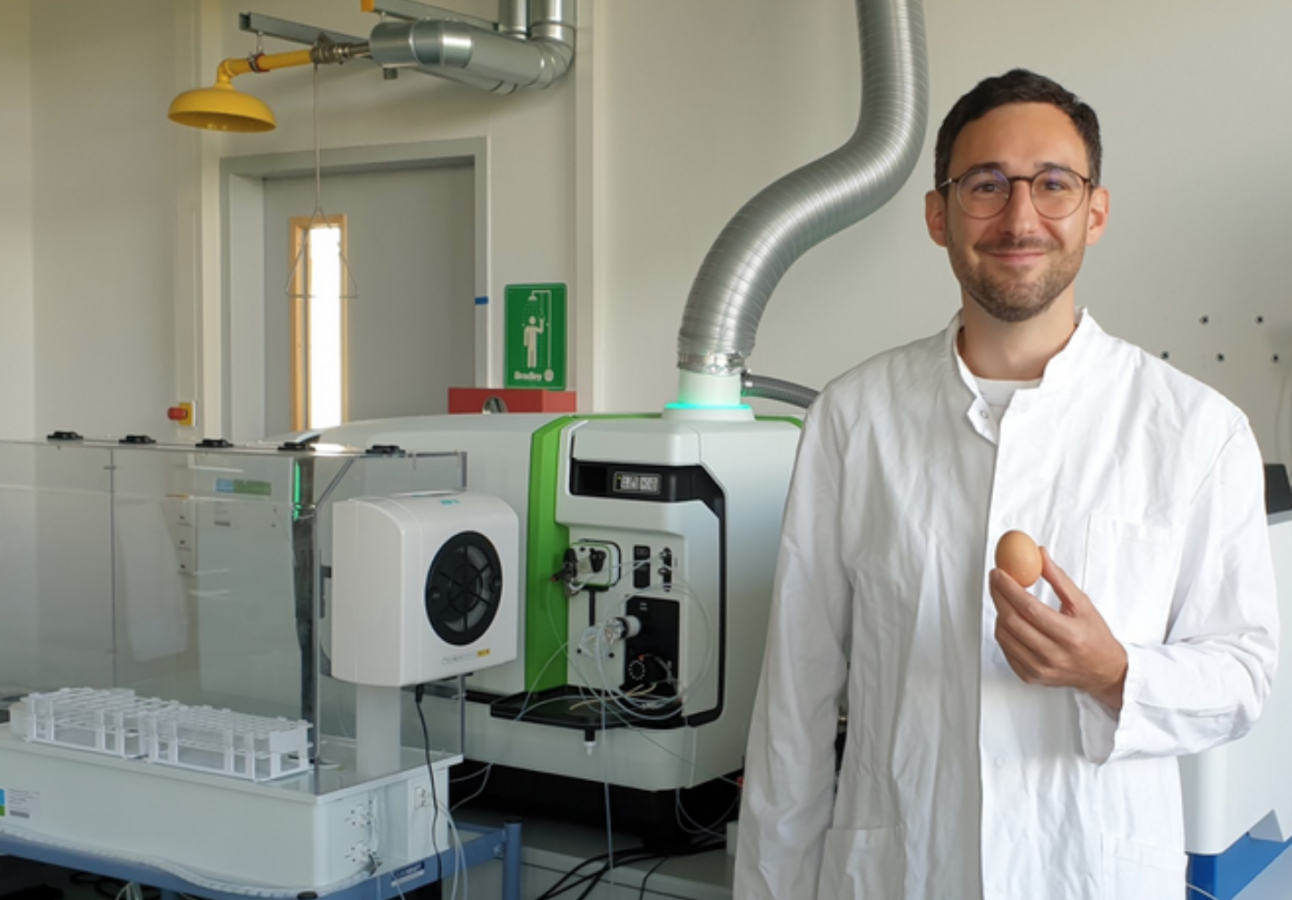Egg powder may be good option to help reduce malnutrition in less developed world
Malnutrition is a key challenge not only in African countries. As an international study led by Veronika Somoza now shows, egg powder is a food with great potential to improve the nutritional situation of children in deprived areas. Compared to pasteurized whole egg, the powder contains lower amounts of essential fatty acids, but still provides many vitamins, indispensable amino acids and important trace elements. In addition, it has a long shelf life without additional preservatives, is easy to transport over long distances and is simple to prepare.
According to the German Federal Ministry of Food and Agriculture, more than 250 million people in Africa alone are undernourished. Infants and children are particularly hard hit.
“Studies show that adding one egg a day to complementary food can help reduce the incidence of underweight in older infants by 74 percent, as well as counteract the so-called ‘stunting’ effect,” says Somoza, director of the Leibniz Institute for Food Systems Biology at the Technical University of Munich (LSB).
Dr Philip Pirkwieser holds and egg in an analytical laboratory of the Leibniz Institute for Food Systems Biology at the Technical University of Munich.
Credit: Leibniz Institute for Food Systems Biology at the Technical University of Munich.
Egg powder a low-cost alternative?
In areas where malnutrition is part of everyday life, however, eggs are hardly available. Inexpensive egg powder could therefore be an alternative. Due to its minimal water content, it has a significantly longer shelf life as well as a relatively high nutrient density. In addition, it is easier to store and transport than eggs, and it can be easily added to food. This makes it interesting as a potential dietary supplement.
However, despite its widespread industrial use, little has been known about its nutritional quality. To fill this knowledge gap, the team led by Somoza conducted an extensive comparative study. Using state-of-the-art food chemistry analysis methods, the scientists determined the nutrient profiles of three batches each of industrially produced, pasteurized whole egg and egg powder processed from
it and compared them on a dry matter basis.
Egg powder not contaminated by heavy metals
“As our analyses showed, the drying process did not lead to an accumulation of the heavy metals cadmium, lead, arsenic and mercury,” reports Philip Pirkwieser, PhD chemist at LSB and lead author of the study. In addition, the research team observed little or no loss in total fat content, essential amino acid content, impor-tant trace elements or carotenoids. Likewise, vitamin E (alpha- and gamma-tocopherol) and vitamin B12 concentrations remained nearly constant. However, vitamin A (retinol) levels decreased by 14 percent. The amount of vital omega-6 and omega-3 fatty acids decreased by an average of 39 and 61 percent, respectively.
“Despite the small loss of retinol, egg powder is a valuable source of vitamin A. Sub-Saharan African regions in particular could benefit from this. This is because vitamin A deficiency is widespread there and leads to a high prevalence of vision problems,” explains Veronika Somoza. A daily intake of egg powder equivalent to one medium-sized egg is sufficient to cover 24 percent of a child’s daily requirement for vitamin A, 100 percent for vitamin E, 61 percent for selenium and 22 percent for zinc, depending on age. This is very positive. If it were possible to increase the content of essential fatty acids and vitamin A, the great potential of egg powder as a
food supplement could be fully exploited, the LSB director says. One way to achieve this could be through chicken feed enriched with these fatty acids and vitamins.
The study authors note, however, that while the commercially available spray drying process with an inlet temperature of 160 °C and an outlet between 80-90 °C proves to be suitable for most nutrients such as vitamin E and vitamins of the B group or the essential amino acids, the significant decrease in concentration of unsaturated fatty acids shows that the process should be optimized in this respect.
Reference
Pirkwieser, P., Grosshagauer, S., Dunkel, A., et. al. Evaluation of spray-dried eggs as a micronutrient-rich nutritional supplement. Frontiers in Nutrition, 2 September 2022. https://doi.org/10.3389/fnut.2022.984715



